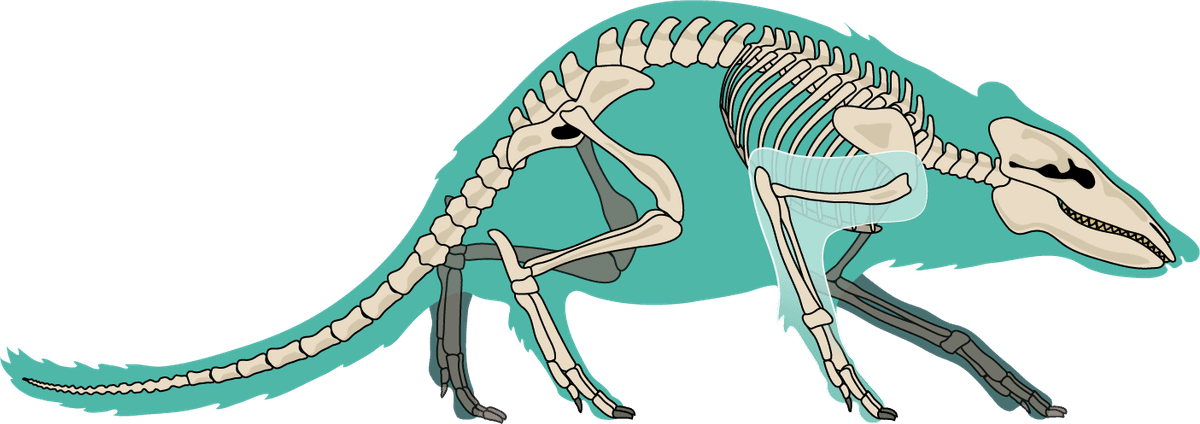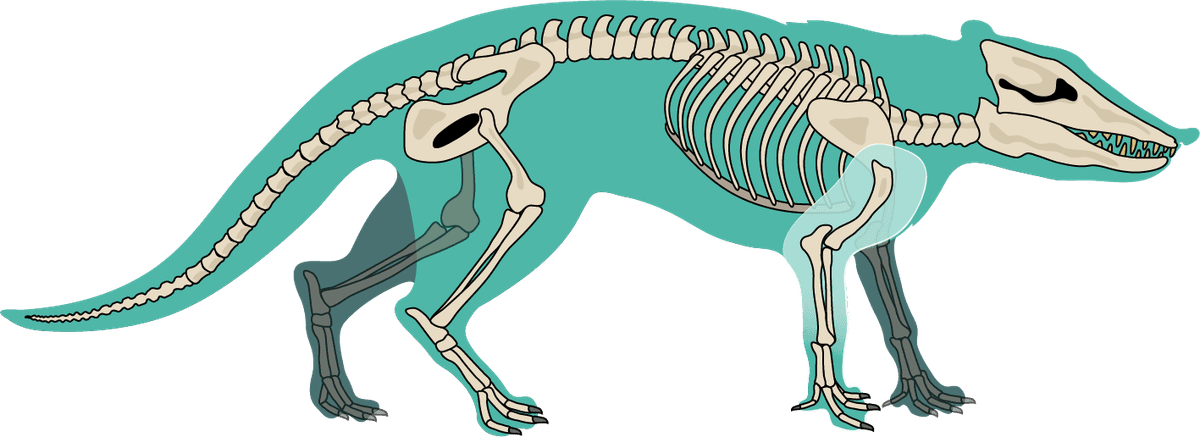The fossil record provides evidence for evolution
I can describe how the fossil record provides evidence that the features of species change (evolve) over time.
The fossil record provides evidence for evolution
I can describe how the fossil record provides evidence that the features of species change (evolve) over time.
These resources will be removed by end of Summer Term 2025.
Lesson details
Key learning points
- The fossil record is made up of millions of fossils aged from 10,000 to billions of years old.
- Fossils show that some species have gone extinct.
- Fossils show that the features of some species have changed (evolved) over time.
- An example of a series of fossils showing changes from evolutionary ancestors to modern species (e.g. whales).
Keywords
Fossil - Fossils are the mineralised remains of once-living organisms, or of traces left behind by organisms.
Fossil record - All the fossils ever found, and their ages, provide a body of evidence called the fossil record.
Extinct - An extinct species has no living members.
Evolution - The process in which the characteristics of species change over many generations, sometimes becoming new species.
Common misconception
Students often struggle to remember that any organism (not just animals) can become a fossil
This is addressed in the lesson by including examples of fossilised plant and cell material. The first practice task also addresses this misconception.
To help you plan your year 10 combined science lesson on: The fossil record provides evidence for evolution, download all teaching resources for free and adapt to suit your pupils' needs...
To help you plan your year 10 combined science lesson on: The fossil record provides evidence for evolution, download all teaching resources for free and adapt to suit your pupils' needs.
The starter quiz will activate and check your pupils' prior knowledge, with versions available both with and without answers in PDF format.
We use learning cycles to break down learning into key concepts or ideas linked to the learning outcome. Each learning cycle features explanations with checks for understanding and practice tasks with feedback. All of this is found in our slide decks, ready for you to download and edit. The practice tasks are also available as printable worksheets and some lessons have additional materials with extra material you might need for teaching the lesson.
The assessment exit quiz will test your pupils' understanding of the key learning points.
Our video is a tool for planning, showing how other teachers might teach the lesson, offering helpful tips, modelled explanations and inspiration for your own delivery in the classroom. Plus, you can set it as homework or revision for pupils and keep their learning on track by sharing an online pupil version of this lesson.
Explore more key stage 4 combined science lessons from the Fossil evidence, selective breeding and explaining evolution unit, dive into the full secondary combined science curriculum, or learn more about lesson planning.

Equipment
None required.
Licence
Starter quiz
6 Questions
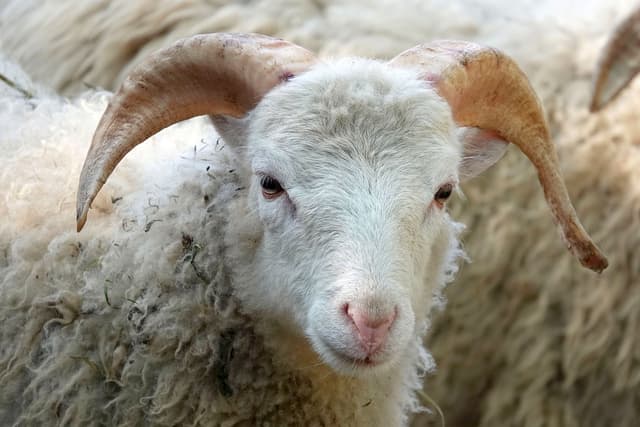
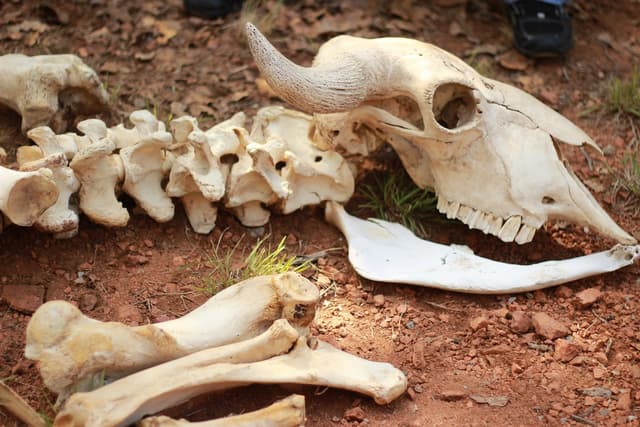
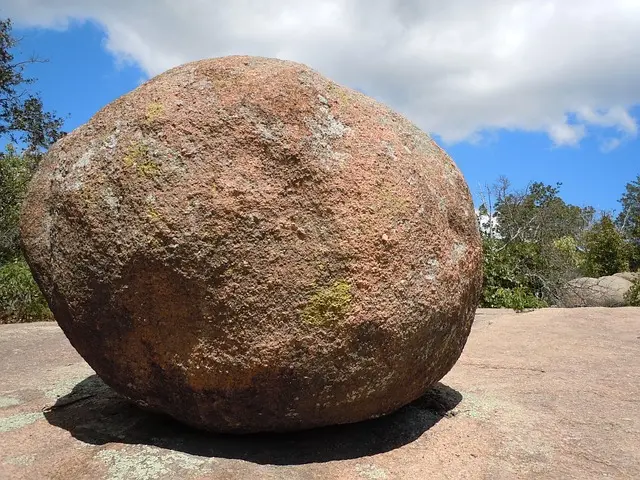
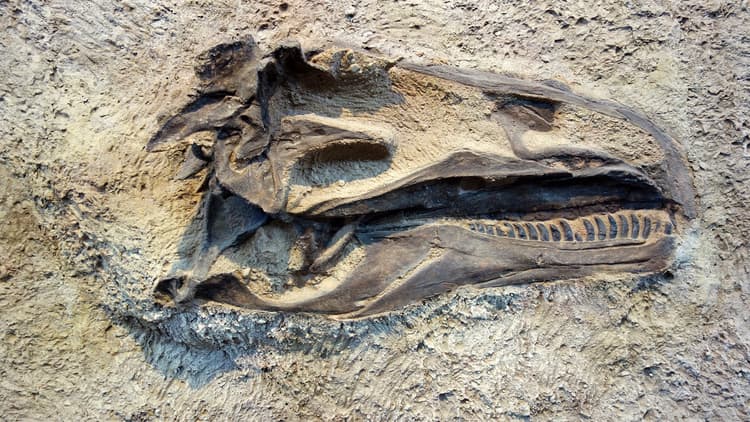
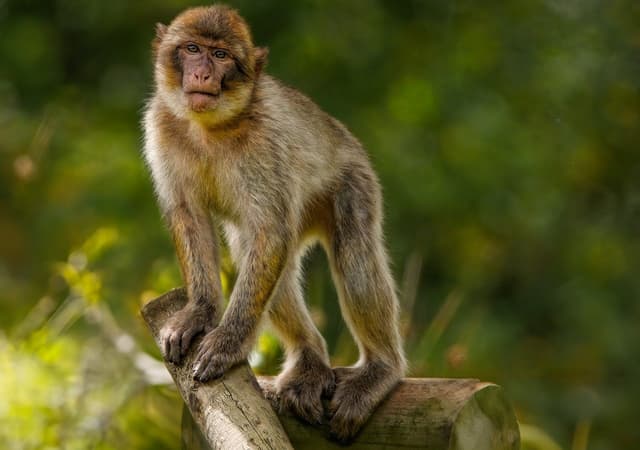
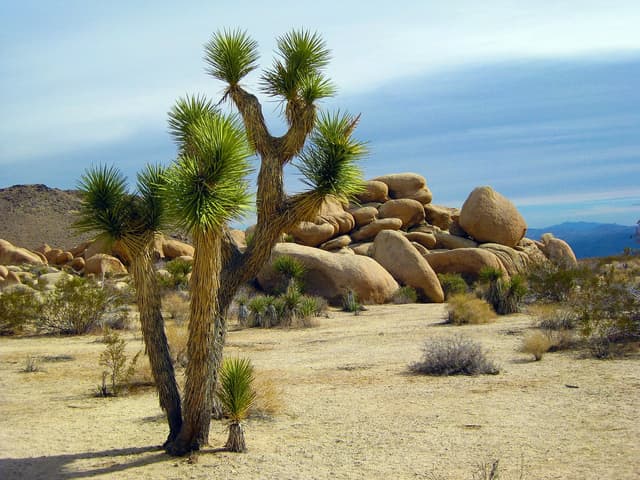


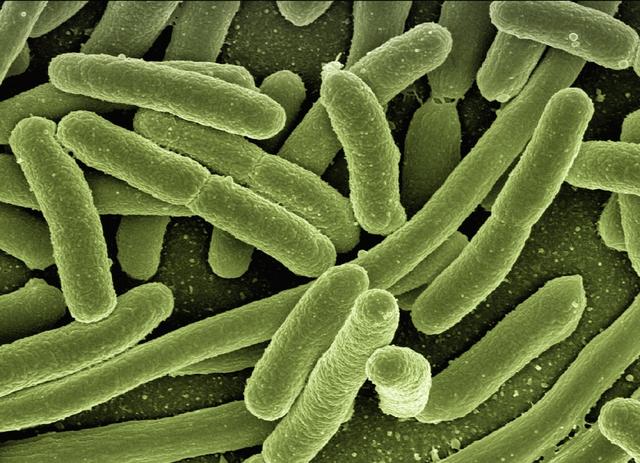
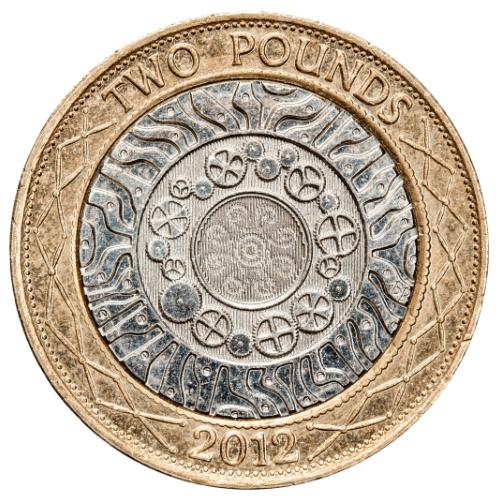
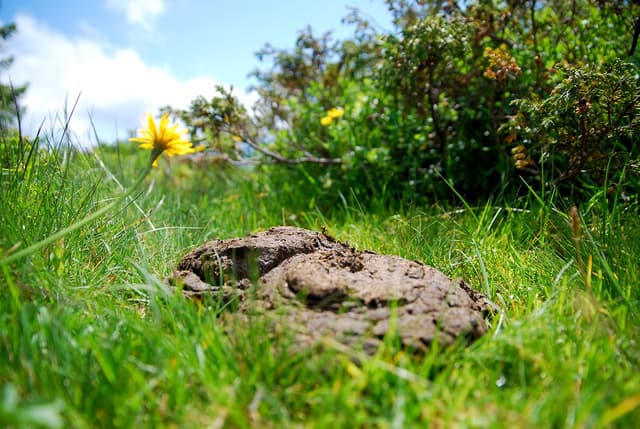




Exit quiz
6 Questions
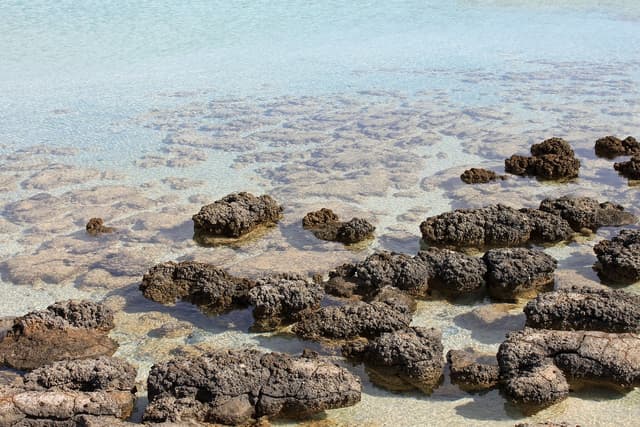
the mineralised remains of a single dead organism
all the fossils ever found and their ages
changes in the characteristics of a species over many generations


